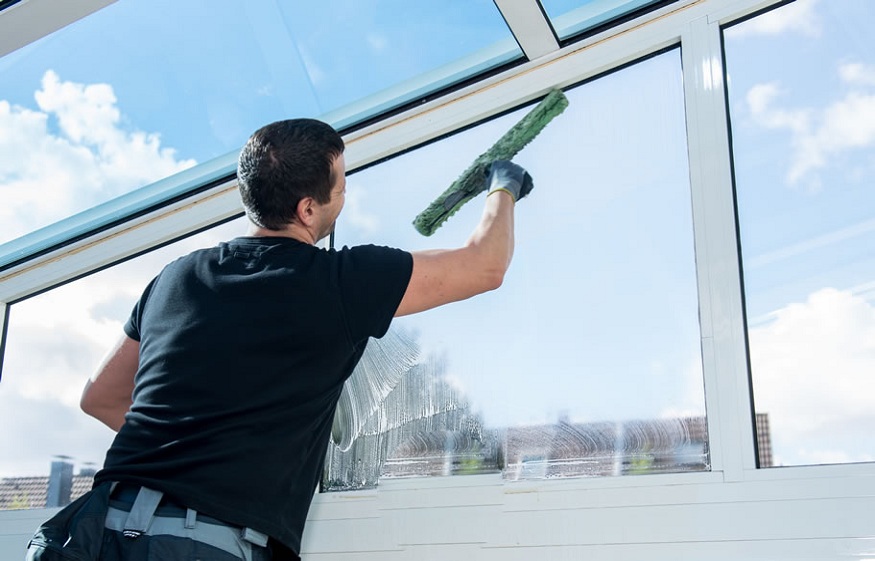
The best methods to avoid the transmission of COVID-19, the viral infection triggered by the unique coronavirus, are constant hand hygiene, constant social disassociating, wearing masks in public, and frequent decontamination of high-touch items.
Difference Between Disinfecting and Cleaning
When you wash something, any visible signs of harmful bacteria are removed. It’s like washing a stained T-shirt or using a rug and fabric polish to clean a bamboo shelf. The purpose of disinfection is to destroy any germs that may be present in or on something using flame, sunlight, acids, or other methods. Sanitizing a toilet bowl with a diluted bleach is an excellent example. For proper cleaning services, people can also hire professional sanitization services.
What things and spaces in my household should you clean, and how much should you do so?
Rooms, desks, cellular phones, computers, touch screens, worktops, electrical bulbs, water bathtubs, refrigerator handles, drawers, and door knobs should all be decontaminated at least once a day.This is particularly critical during the coronavirus outbreak, since there is currently no vaccine or authorised treatment. Various house cleaning services in Delhi suggest families to sanitize heavy-use products and areas in living spaces once a week, such as garbage cans, showers, toilet bowls, and surfaces.
What if the odour of cleaning products makes you sick?
Patients with cancer are more susceptible to certain stimuli and may feel discomfort as a result of their diagnosis. If the odours from hand sanitizers and other cleaning products make one sick, enlist the help of another close relative to do the washing. Moreover, keep the doors and windows open for fresh air to enter.
What are the right antiseptic items for the home?
That depends on the type of cleaning one wants to do. Home cleaning services claim that when one is using any item, he/she must be sure to follow the tag to ensure it’s made to clean the material in question. Make sure you follow the directions to the letter. Read and follow all information about caustic chemicals to protect your eyes, body, and kidneys. Wear washing gloves or protective goggles. When using items that emit strong fumes, exercise caution. These can be hazardous in poor ventilation, cramped or restricted spaces.
If you can’t locate solvents in the supermarket, you must prepare your own disinfectant.
If antimicrobial wipes are unavailable, you can produce your own with a 10% diluted bleach and hand towels. Soak the towels in 1/3 cup detergent per gallon of distilled water (or 4 tablespoons per quart), then squeeze them out (with empty hands or coveralls) and stack them in a sealed container.
Check and see whether the bleach hasn’t deteriorated and isn’t labelled “colour protected,” as it may not be appropriate for decontamination. If you can’t locate an antiseptic spray, a bottle filled with 70% alcohol will suffice. Sprinkle it on any objects that need disinfecting and wipe it down.
However, alcohol releases vapours and is highly flammable, so be cautious regarding heating systems and ignition sources. Also, don’t use a dosage of more than 70%, since studies have shown these items only freeze the virus’s outer layer rather than destroying it.
Conclusion
If you are still unable to sanitize your house, you can take the help of various cleaning services in Delhi. One of the most recommended sanitization services in Delhi is Nakoda Urban Services. Their experts help you in sanitizing your homes and making your residences virus-free at any cost. They have a unique functioning system and have the best offers for you. Visit their website and schedule an appointment according to your preferable timings.



